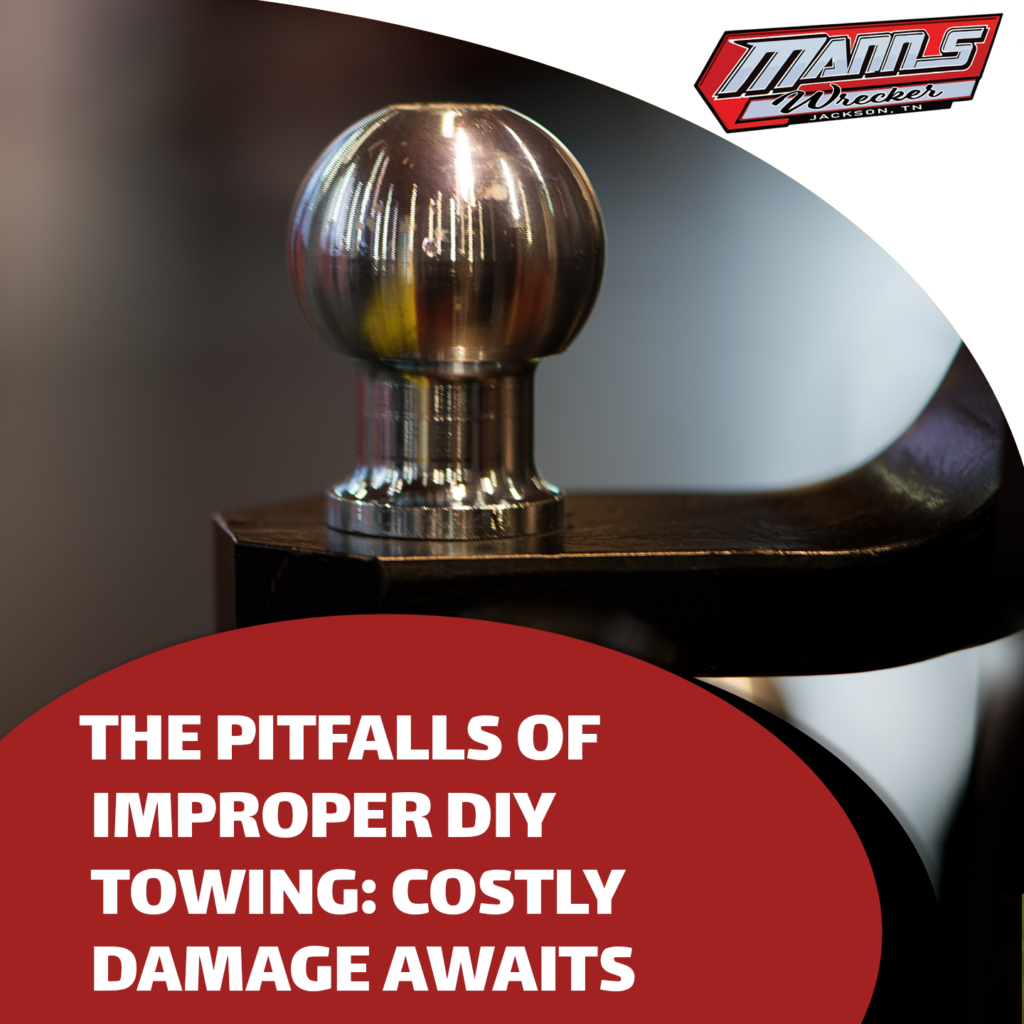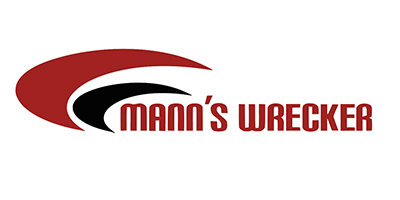 We all love the idea of self-sufficiency and taking matters into our own hands, especially when it comes to our vehicles. But there’s one area where a well-intentioned DIY approach can lead to costly consequences: towing.
We all love the idea of self-sufficiency and taking matters into our own hands, especially when it comes to our vehicles. But there’s one area where a well-intentioned DIY approach can lead to costly consequences: towing.
If you’ve ever found yourself in a situation where you need to tow something—a trailer, a boat, or another vehicle—it’s crucial to understand the right way to do it. Ignoring proper towing techniques can not only damage your ride but also put safety at risk. So, let’s dive into the dos and don’ts of towing to ensure you avoid those costly mistakes.
The Allure of DIY Towing
Towing something with your vehicle can seem like a simple task, especially with the plethora of online tutorials and guides available. You might think, “How hard can it be?” Well, towing is more than just hitching up and hitting the gas. It requires knowledge, the right equipment, and a careful approach. Failure to follow proper procedures can lead to expensive repairs and even accidents.
Understanding Towing Capacities
Before you even think about hooking up a trailer or another vehicle, you need to know your vehicle’s towing capacity. This critical number is not to be underestimated. It’s the maximum weight your vehicle can safely tow, including the trailer or load. Exceeding this capacity can cause severe damage to your vehicle’s engine, transmission, brakes, and suspension.
If you’re unsure of your vehicle’s towing capacity, consult your owner’s manual or check with the manufacturer. Remember, it’s always better to err on the side of caution and choose a lighter load than to push your vehicle to its limits.
Selecting the Right Hitch
Choosing the correct hitch for your towing needs is essential. Hitches come in various classes, each designed for specific weight capacities. Using the wrong hitch can lead to detachment or instability while towing, posing a significant safety risk.
Here’s a quick breakdown of hitch classes:
Class I: Designed for lighter loads, such as bike racks or small trailers, with a towing capacity of up to 2,000 pounds.
Class II: Suitable for mid-sized loads, like small campers or boats, with a towing capacity of up to 3,500 pounds.
Class III: Ideal for larger trailers, including small to mid-sized RVs, with a towing capacity ranging from 3,500 to 8,000 pounds.
Class IV: Designed for heavy loads, like larger RVs or utility trailers, with a towing capacity of up to 12,000 pounds.
Class V: Reserved for the heaviest loads, such as large commercial trailers, with a towing capacity exceeding 12,000 pounds.
Ensure you match the hitch class with your towing requirements. Using a hitch that’s too small for your load can result in catastrophic consequences.
Heavy duty towing services offered by professional teams like ours here at Mann’s Wrecker are geared to tow whatever vehicle you need help moving, though our specialty is in more difficult vehicles in the Class 3 through 5 range. If you need to move much larger vehicles or equipment, choose Mann’s Wrecker for your towing needs!
Towing the Right Way
Now that you’ve got the right hitch and understand your vehicle’s towing capacity, let’s explore the dos of proper towing:
Distribute the Weight: Load your trailer or towed vehicle evenly to maintain balance and stability. A poorly balanced load can lead to swaying and loss of control while driving.
Safety Chains: Always use safety chains to secure the trailer to your vehicle. These chains act as a backup in case the hitch fails, preventing the trailer from detaching entirely.
Check Your Brakes: Ensure your vehicle’s brakes are in good working order. Towing adds significant weight, so your braking system must be up to the task.
Proper Tire Inflation: Maintain the correct tire pressure on both your vehicle and the trailer. Underinflated tires can overheat and blow out, leading to accidents.
Know Your Trailer’s Lights: Test all the lights on your trailer, including brake lights, turn signals, and taillights. Proper lighting is essential for safe towing, especially at night.
Slow and Steady: Towing changes your vehicle’s handling and stopping distance. Drive cautiously, avoid sudden maneuvers, and leave ample space between you and the vehicle in front.
The Costly Consequences of Cutting Corners
Now that we’ve covered the dos, let’s delve into the don’ts and the costly consequences of improper DIY towing:
Ignoring Towing Capacity: Exceeding your vehicle’s towing capacity can lead to engine overheating, transmission damage, and brake failure. These repairs can be astronomical.
Poor Weight Distribution: Unevenly distributed weight can cause trailer sway, making it challenging to control your vehicle. In extreme cases, it can result in a rollover accident, leading to severe damage and injuries.
Skipping Safety Chains: Neglecting safety chains can result in the trailer separating from your vehicle while in motion. The trailer can then collide with other vehicles, causing substantial damage and endangering lives.
Neglecting Brakes: An overloaded trailer can strain your vehicle’s brakes, causing them to overheat and fail. Brake repairs can be costly, and brake failure can lead to accidents.
Tire Troubles: Underinflated or worn-out tires can blow out while towing. This can cause you to lose control of your vehicle, leading to accidents and costly repairs.
Inadequate Lighting: Failing to ensure that your trailer’s lights are functioning correctly can result in accidents, especially when driving at night or in poor visibility conditions. You may also face fines for driving with malfunctioning lights.
Choosing Mann’s Wrecker For Help In Jackson, TN
While DIY projects can be fulfilling, towing is one area where cutting corners can lead to disastrous outcomes. Ignoring proper towing techniques can cause extensive damage to your vehicle, result in costly repairs, and even jeopardize safety. To avoid these pitfalls, always adhere to your vehicle’s towing capacity, use the correct hitch, distribute weight evenly, and follow safe towing practices.
Remember, it’s better to invest in safety and do things the right way than to deal with the repercussions of improper DIY towing. Stay safe on the road, and if anything goes wrong, give us a call at Mann’s Wrecker in Jackson, TN, for any of your roadside assistance needs! (731) 424-2173

